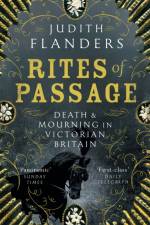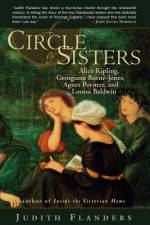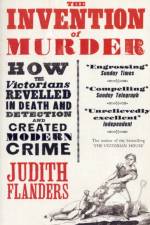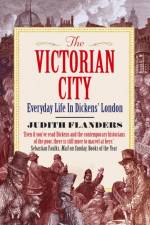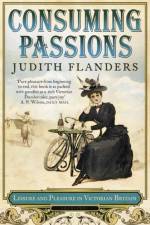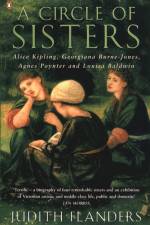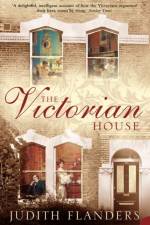av Judith Flanders
221
The bestselling social history of Victorian domestic life, told through the letters, diaries, journals and novels of 19th-century men and women.Some images were unavailable for this electronic edition.The Victorian age is both recent and unimaginably distant. In the most prosperous and technologically advanced nation in the world, people carried slops up and down stairs; buried meat in fresh earth to prevent mould forming; wrung sheets out in boiling water with their bare hands. This drudgery was routinely performed by the parents of people still living, but the knowledge of it has passed as if it had never been. Running water, stoves, flush lavatories - even lavatory paper - arrived slowly throughout the century, and most were luxuries available only to the prosperous.Judith Flanders, author of the widely acclaimed 'A Circle of Sisters', has written an incisive and irresistible portrait of Victorian domestic life. The book itself is laid out like a house, following the story of daily life from room to room: from childbirth in the master bedroom, through the scullery, kitchen and dining room - cleaning, dining, entertaining - on upwards, ending in the sickroom and death.Through a collage of diaries, letters, advice books, magazines and paintings, Flanders shows how social history is built up out of tiny domestic details. Through these we can understand the desires, motivations and thoughts of the age.Many people today live in Victorian terraces, and so the houses themselves are familiar, but the lives are not. 'The Victorian House' will change all that.


